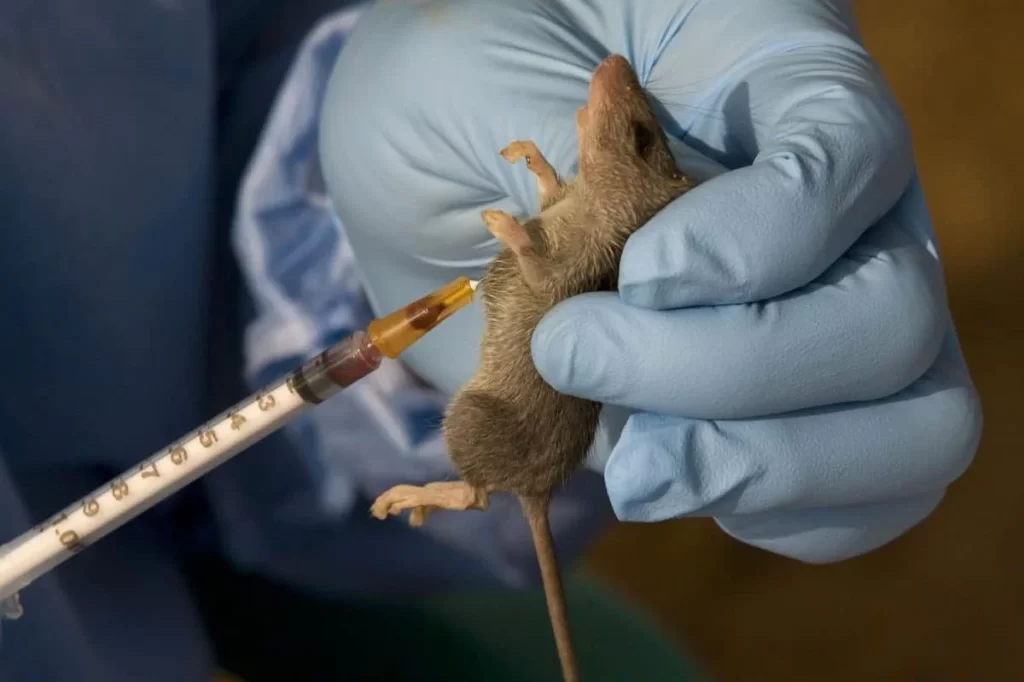The Nigeria Centre for Disease Control and Prevention (NCDC) has confirmed 118 deaths and 645 cases of Lassa fever across 33 states between January and March 2025, with Ogun, Ondo, and six other states among the worst affected.
The outbreak has led to a total of 3,465 suspected cases across 91 local government areas, with a Case Fatality Rate (CFR) of 18.3 per cent, according to a statement issued by the NCDC on Sunday.
The Director-General of the NCDC, Dr. Jide Idris, revealed that 20 healthcare workers have been infected, highlighting the dangers faced by frontline responders.
The affected states include Ondo (8 cases), Bauchi (4), Edo (1), Taraba (2), Ebonyi (1), Gombe (2), Benue (1), and Ogun (1).
In response, the NCDC has deployed Rapid Response Teams (RRTs) to 10 states, including Kogi, Plateau, Ondo, Edo, Bauchi, Ebonyi, Taraba, Benue, Gombe, and Nasarawa, for a two-week emergency intervention.
Due to the evolving nature of the outbreak, deployments in Edo and Taraba have been extended by an additional 10 and seven days, respectively.
To strengthen coordination and control efforts, the agency has activated the Lassa Fever National Emergency Operations Centre (LF-EOC) at Response Level 2.
This initiative aims to enhance collaboration among stakeholders, including federal and state governments, local authorities, and international development partners.
Furthermore, the NCDC has distributed essential medical supplies, including personal protective equipment (PPE) and treatment medications, to affected states.
However, it identified several challenges, such as weak community-level surveillance, inadequate human and financial resources, and treatment centres struggling with manpower shortages.
The agency also noted that delayed hospital visits, self-medication, and traditional treatment practices continue to hinder response efforts.
Dr. Idris called on state governments to support the cost of Lassa fever treatment and urged the private sector to contribute to ensuring the availability of medical supplies and public health awareness campaigns.
He emphasized that prevention requires a collective approach, urging healthcare workers to maintain high infection prevention and control (IPC) standards and citizens to practice strict environmental hygiene to prevent rodent infestation, a primary cause of Lassa fever transmission.
The NCDC has reiterated the need for improved public awareness, early medical intervention, and stronger healthcare infrastructure to effectively contain the outbreak.
Do you want to share a story with us? Do you want to advertise with us? Do you need publicity for a product, service, or event? Contact us on WhatsApp +2348183319097 Email: platformtimes@gmail.com
We are committed to impactful investigative journalism for human interest and social justice. Your donation will help us tell more stories. Kindly donate any amount HERE




